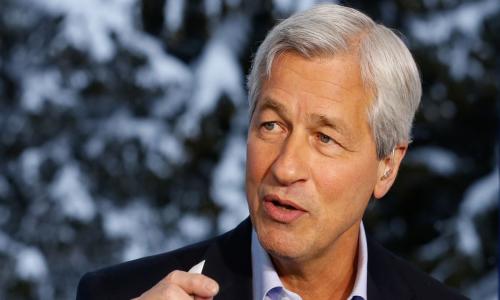Congress is now turning its attention to the enormous $27 billion bank overdraft market and is considering legislation to alert customers when they are about to overdraw an account. Banks are fighting back, since overdraft fees are a big component in their business and profitability.
The overdraft market is an enormously profitable piece of a bank's revenue. According to a NY Times article on overdraft fees, banks make more on overdrafts than they do on penalty fees from credit cards. I can confirm this importance from my banking days. I remember sitting in meetings where potential changes to overdraft policy were discussed very gingerly because of its importance to the bank's revenue. Banks know that overdrafts diminish customer satisfaction but at the same time they are addicted to this "easy revenue."
Several pieces of overdraft reform are working through the Fed and Congress. The Fed is considering requiring banks to get customer permission before enrolling them in an overdraft program. And Representative Carolyn Maloney from New York has introduced legislation that would require banks to alert customers if a transaction is going to overdraw an account.
The banking industry is painting a dire scenario. From the Times article:
“Michael Moebs, an economist who advises banks and credit unions, said Ms. Maloney’s legislation would effectively kill overdraft services, causing an estimated 1,000 banks and 2,000 credit unions to fold within two years. That is because 45 percent of the nation’s banks and credit unions collect more from overdraft services than they make in profits, he said.
“Will they be able to replace it with another fee?” Mr. Moebs said. “Not immediately and not soon enough.”
Banks say that without overdraft fees, they may have to start charging for free rewards checking accounts. Bankdeals makes the case that reward checking accounts may not be profitable for banks without the funds from overdraft/NSF fees.
“This marketing brochure from BancVue compares the NSF revenue from free checking and reward checking. It shows that NSF revenue is actually a little higher for reward checking than for free checking. In both cases, NSF revenue is much higher than revenue from debit cards.”
To add another wrinkle, banks have been slapped for trying to “game” how transactions settle, potentially increasing the number of overdraft fees. Bank of America reached a settlement last year for allegedly changing the order in which transactions settled in order to increase overdraft fees.
Much of the discussion over this will come down to personal responsibility versus the bank’s responsibility to be fair. Those that advocate personal responsibility will say that consumers should know how much they have in their account and that if they are overdrawing it is their fault.
Others, such as one commenter on Bankdeals will make the case that:
“a lot of banks aren't really in the banking business at all - they're in the Gotcha Fee Collection business.”
My feeling is that if a consumer does not have money in their account, the transaction should not go through. Debit card transactions clear differently from a written check. When writing a check, a merchant is taking it on faith that there are funds in the account to prevent it from bouncing. The check is cashed after the goods have been exchanged. If the check bounces, the bank has to reverse the transaction and potentially deal with the merchant who was never paid for the service or good they sold.
But debit cards don’t work that way. The card can be checked before the exchange is made to ensure there are sufficient funds. It’s at that point that the bank should terminate the transaction if sufficient funds don’t exist. In that case, the merchant is not out of the good and the bank does not have to reverse a transaction. There is no bounced check.
Obscuring a lack of funds is like a gas company from hiding the gas low indicator in a car and then charging $100 for an emergency tank fill when the car stalls. It may be good for the income statement, but it’s a terrible way to build customer loyalty.








Add your Comment
or use your BestCashCow account